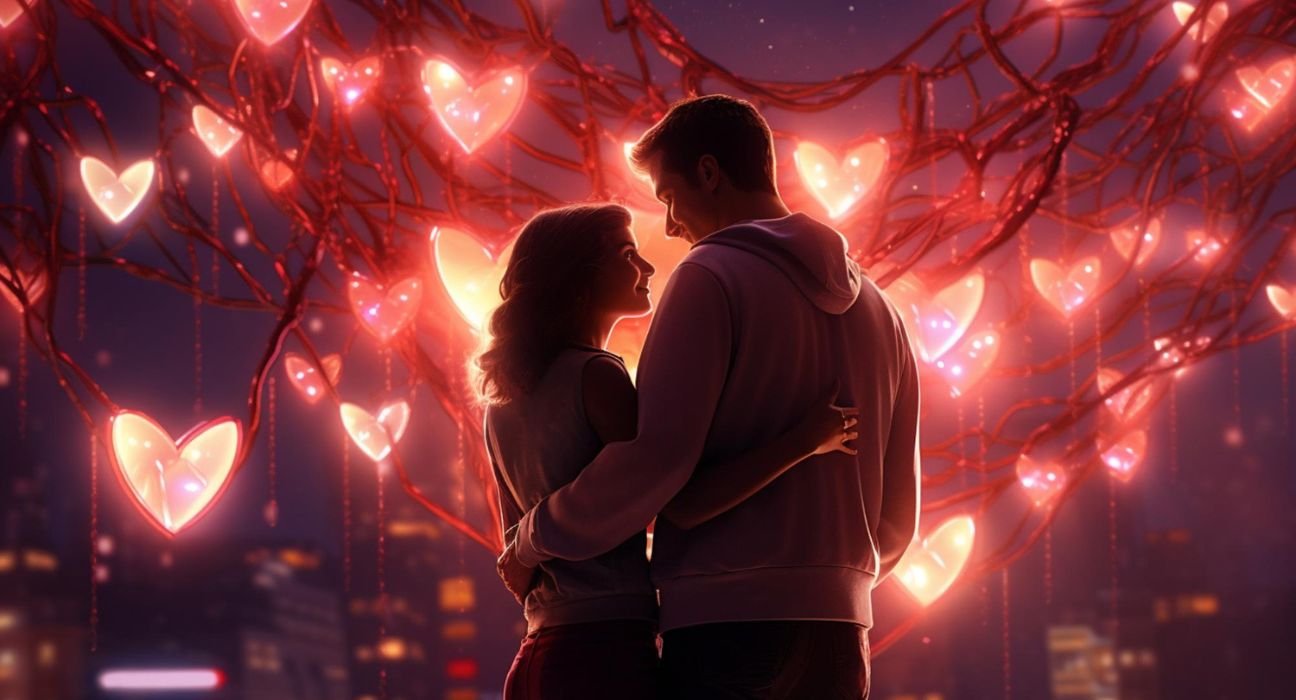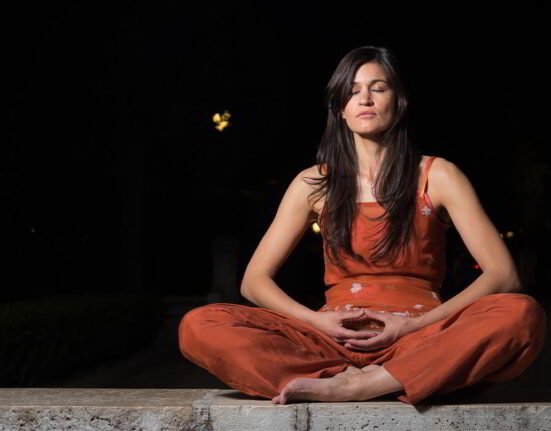Love, an idea as old as mankind itself, has captured people’s imaginations, served as the basis for innumerable artistic creations, and motivated people to seek happiness for millennia. Still, why people fall in love is a mystery. The phenomenon of falling in love is fundamentally the result of the interaction of socio-cultural, psychological, and biological factors, resulting in one of the most profound experiences of life. Determining the fundamental processes underlying this perplexing feeling reveals a complex web of neurochemical responses, evolutionary demands, and deeply embedded social conventions.
Read More: Interesting psychology behind first love
The process of falling in love is as complex as it is universal, involving everything from the innate urges that fuel attraction to the difficulties of emotional intimacy and the impact of societal norms. Come along with us as we set out to solve the eternal mystery of why people fall in love and investigate the mysteries of the heart.
Psychology and Stages of Falling in Love
Love is a decision, never an emotion. We associate these emotions with the phrase love. Sensations of agape, eroticism, philia, admiration, understanding, and infatuation. The process of falling in love has stages,
- You are initially enamoured with them. Their looks appeal to you, and they quicken your heartbeat. You find everything they do to be admirable. You find the person appealing; they seem so wonderful.
- After the infatuation phase, which can also elicit sexual feelings, you’ll experience a different form of love.
- When you get to know someone more as a friend—one in which we understand and care for one another—you begin to notice their shortcomings and must choose whether to stay or move on to someone else.
Read More: Understanding The Psychology Of Love In Modern Dating
This is the point at which you discover if your feelings for this individual are genuine love or only admiration. At this point, we choose to love someone despite their shortcomings or other characteristics that we find objectionable. You start by deciding to love this person since love is a decision. We devote our time, energy, hearts, souls, sacrificial lambs, and offerings to the dark, as well as our hearts.
- Next are agape and philia. selflessness and friendship. This is where a lasting relationship begins. The topic of he’s/she’s so hot has faded. It’s not even he/she’s so nice. It’s more important to love the other person exactly as they are and support deeper connections between you. Friendship is a part of any relationship.
- Lovers need to treat one another like friends. You give more of yourself to your spouse out of selflessness rather than a desire for validation or the expectation that they will understand how you feel. You donate merely out of self-interest.
Read More: How to Make New Friends?
These are a few of the causes of love. You get close to someone when you establish a deeper relationship with them. And when you are married, you connect and decide to stick by one other through good times and bad, health issues or not.
Why do People Fall in Love
There are several biological and psychological reasons why people fall in love. Here are some key factors:-
- Chemical reactions: Dopamine, serotonin, oxytocin, adrenaline, and other hormones and neurotransmitters interact intricately in the brain throughout a romantic relationship. These substances provide euphoric, attached, and connecting experiences.
- Attraction: Whether physical, emotional, or intellectual, people are typically drawn to those who have attributes they find appealing. Personal preferences, past experiences, and cultural conventions can all have an impact on this attraction.
- Similarity: Studies indicate that people are drawn to people who have similar backgrounds, attitudes, values, and interests. A sense of understanding and connection can be cultivated via shared experiences and viewpoints.
Read More: Why Love is Important?
- Proximity: Individuals who spend a lot of time with friends, classmates, or coworkers are more likely to experience romantic feelings for them. People can interact more easily and get to know one another better when they are close.
- Cultural and Social Influences: People’s views and opinions about relationships are shaped by cultural norms, societal expectations, and media portrayals of love and romance. Cultural elements that impact how people express and feel love include familial values, religious convictions, and social conventions.
- Emotional connection: Emotional intimacy and a shared sense of respect, understanding, and support are frequently the foundations of love. Emotional relationships are facilitated by vulnerability, empathy, and shared experiences.
Read More: 10 Best Books to read for Personality Development in 2024
- Timing: Circumstances in life and timing might have an impact on falling in love. It’s more likely that you will connect with someone if you meet them at the correct time in your life and are ready for a love relationship.
- Personal Development and Fulfilment: Love offers companionship, emotional support, and a sense of belonging, all of which are factors in personal development and fulfilment. A loving relationship can improve one’s general state of health as well as one’s sense of fulfilment and purpose in life.
In conclusion, a complex web of biological, psychological, and social variables plays a role in the question of why people fall in love. The process of falling in love is ingrained in human biology, from the biological necessity of reproduction to the release of neurochemicals in the brain that cause emotions of euphoria and bonding. Furthermore, psychological processes like attraction, emotional reconnection, and vulnerability are essential for the development of interpersonal relationships. In addition, norms, expectations, and romanticized ideas of romance are imposed by societal and cultural factors, which mould our experiences and perspectives of love.
Read More: The Psychology Behind Love and Romance
Love is a journey that is as unique as mankind itself, whether it be through common interests, shared beliefs, or just being in the right place at the right time. In the end, although the precise causes of love may differ from person to person, everyone needs closeness, connection, and emotional fulfilment at its core. We learn about the essence of what it means to be human by delving into the nuances of love and navigating the difficult dance between desire, vulnerability, and companionship that characterizes the human condition.
References +
https://hily.com/blog/think-you-found-the-one-dont-miss-these-stages-of-falling-in-love/













Leave feedback about this